Luna Park Operators Hoping for Lease Extension After Millions Lost During Summer Shutdown
At the height of economic crisis of the last decade, the city chose the Zamperla family to rebuild Coney Island’s amusement park in an effort to revamp the People’s Playground.

Luna Park in 2018. Photo by Susan De Vries
At the height of economic crisis of the last decade, the city chose the Zamperla family to rebuild Coney Island’s amusement park in an effort to revamp the People’s Playground.
Ten years later, the family business known as Central Amusement International (CAI), which operates Luna Park, has suffered millions of dollars in losses after remaining closed for the summer season because of COVID-19 restrictions — dealing the amusement park the toughest financial blow it’s ever seen.
“Unfortunately, Hurricane Sandy was pretty bad, but this is on a different level,” Tracee Zamperla told Brooklyn Paper.
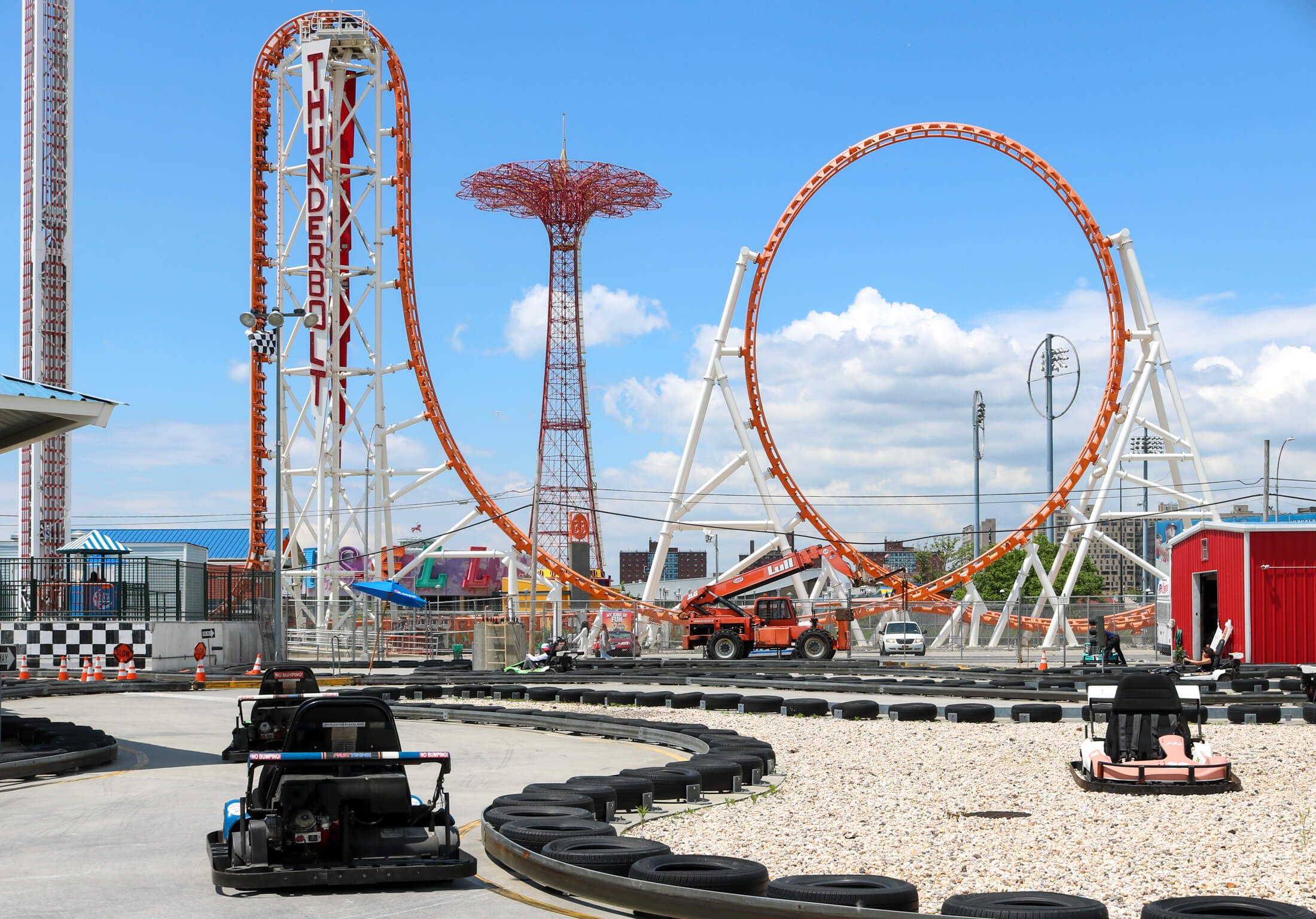
The lost 2020 season came two years after the Zamperlas expanded the park by 50 percent in 2018, and just months after CAI dished out $13 million for a brand new section of the park on its eastern side. Construction on the new segment was set to cost $20 million and wrap up this summer, but pandemic halted the park’s construction midway, and its future remains uncertain, Tracee said.
Though the Zamperlas collect rent and some profits from a handful of subtenant businesses along the Riegelmann Boardwalk, they say the costs of maintaining an amusement park require significant annual investment.
“You have the actual maintenance of the rides,” Tracee said. “Then you have skilled labor … it is a niche industry that takes a while for people for develop skills in. And after that development, to keep them with you, you really have to employ them year round.”
To allow the company to recover, the Zamperlas are calling on the city to extend their lease until 2040. A lease extension — which would tack on 13 years to the current lease set to expire in 2027 — would give Luna Park more time to recover from the COVID-19 losses, the owners say.
The extra time would allow also Luna Park to see a return on their recent expansion of the park, and would help the Zamperlas in applying for more loans — which could grant some relief to the boardwalk businesses.
“This period of extension will help us to support the boardwalk subtenants, absorb the cost of previous investments, offset the negative impact that the COVID-19 situation has brought this year and will bring in the years that follow,” wrote Alessandro Zamperla to James Patchett, the president of the Economic Development Corporation (EDC), the quasi-governmental agency in charge of the lease agreement.
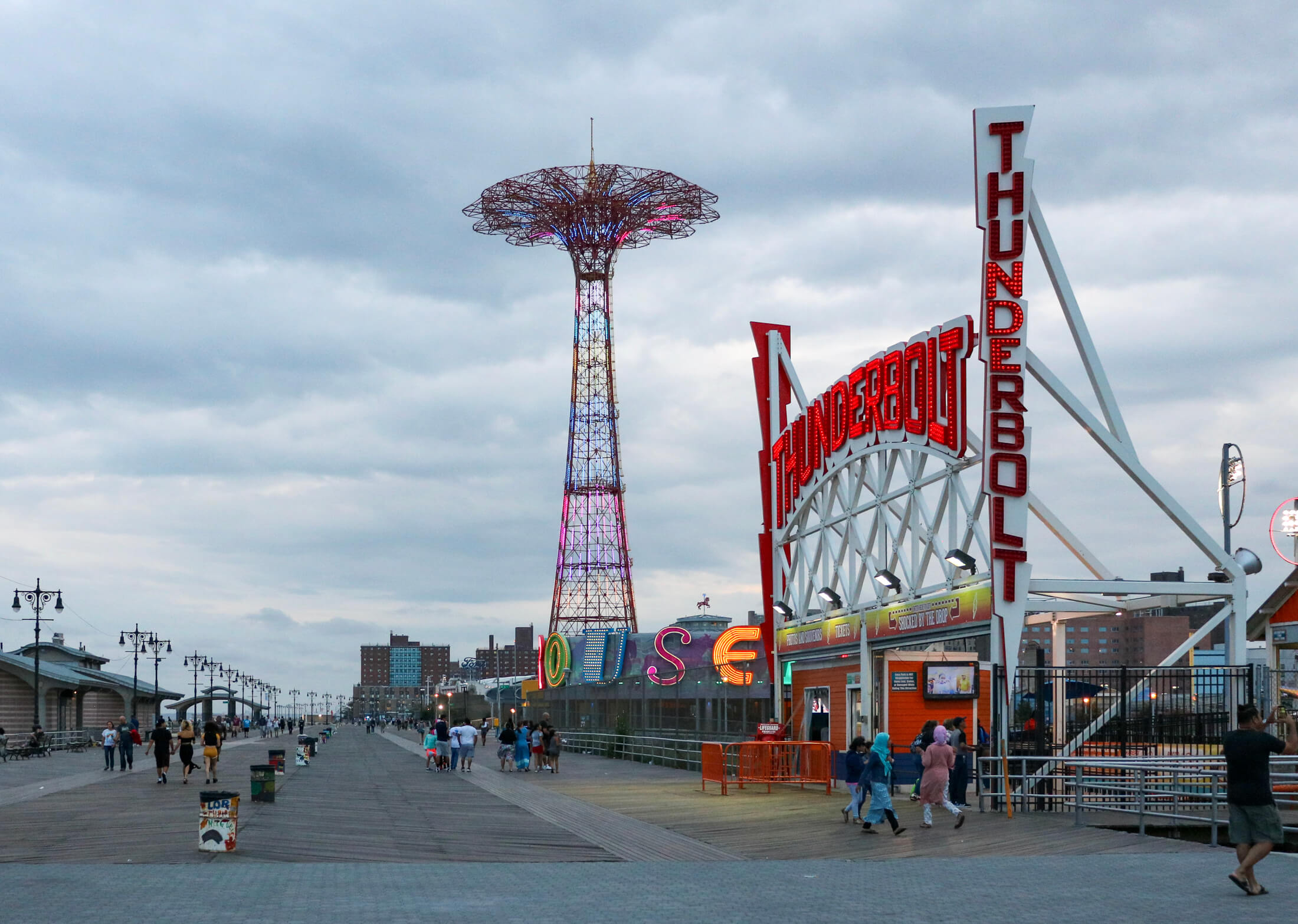
The couple is not asking for a rent reduction from EDC, arguing that the city has enough financial strain already.
An EDC spokesperson said that the agency has offered to forgive rent payments excluding the base rent — such as administrative and operating fees — but implied that they could not extend the lease yet.
“Any lease extension without a competitive process raises issues of fairness,” the EDC spokesperson said.
EDC added that they are working with CAI to ensure its survival, but Alessandro Zamperla said he has not heard from the EDC since their last discussions on May 16.
In addition to the lease extension, the Zamperlas are calling on Governor Cuomo to release reopening guidelines for next summer. Cuomo has repeatedly refused to open amusement parks statewide because of their potential to draw large crowds, but the Zamperlas say that without any idea of how they could open, they have no way to plan for the park’s future.
“The fact that to this date … we have never received not one piece of communication, one precise feedback about why we are not open, that is really crushing,” Alessandro said in September.
The financial hardships have caused hundreds of locals usually employed by Luna Park to lose their jobs, Tracee said. And while Luna Park will hopefully reopen, Victorian Gardens, an amusement park CAI operates in Central Park, will likely close for good.
“It’s sad. It’s probably not going to return to Central Park,” Tracee told Brooklyn Paper.
CAI’s 2019 deal with the city to completely revamp Stillwell Avenue station is also indefinitely on hold, Tracee said.
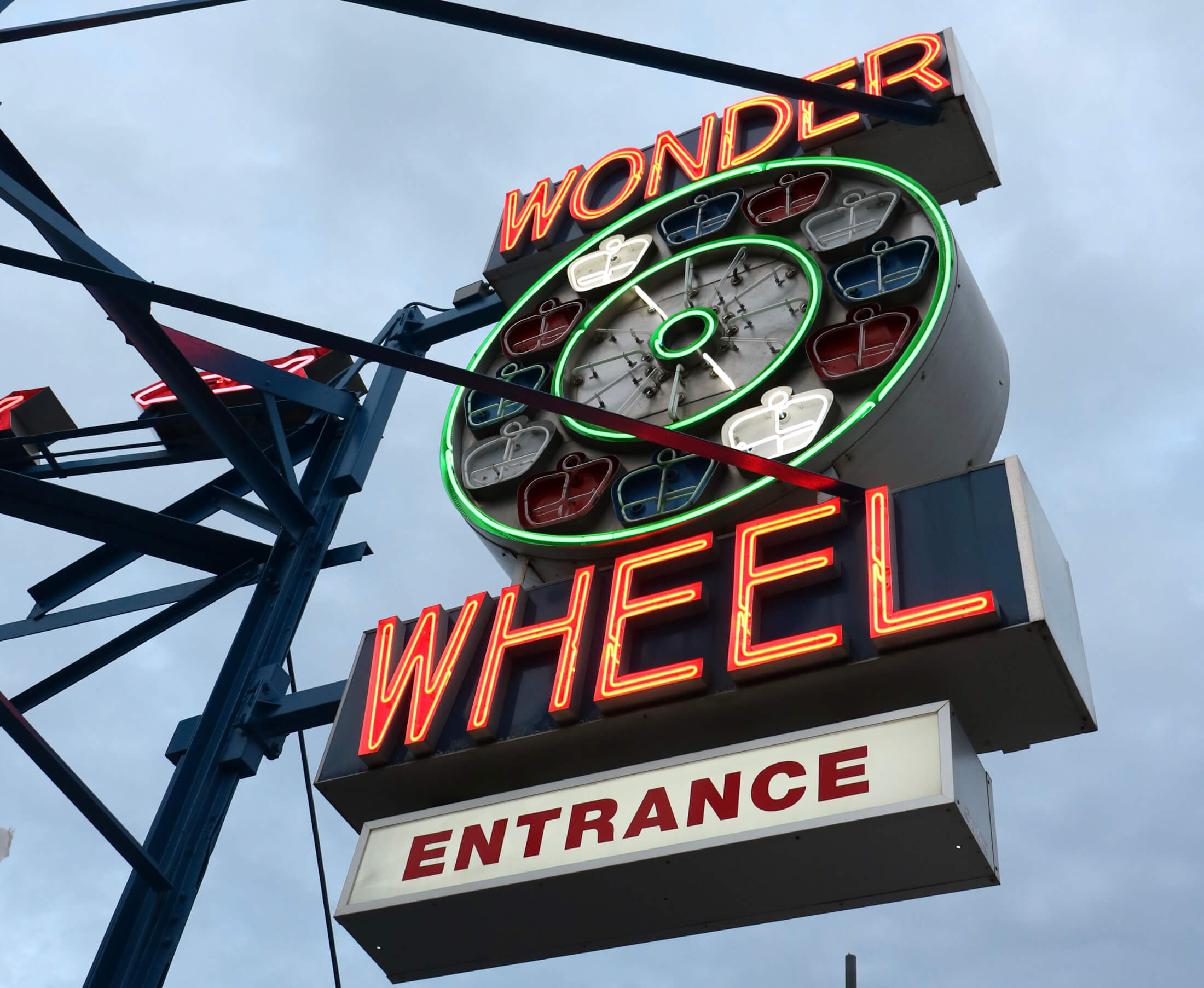
CAI’s woes reflect those of Deno’s Wonder Wheel Amusement Park, which operates the famous 100-year-old Wonder Wheel. The park’s owners have argued that the Wonder Wheel, at the very least, should be permitted to open because it allows for social distancing.
“The way it was designed and built 102 years ago during the last pandemic, it was designed to be socially distant,” said Dennis Vourderis, who owns the park with his brother. “The cars are 50 feet apart, the people that ride in each one of the vehicles are with their own group, their own family.”
[Photos by Susan De Vries]
Editor’s note: A version of this story originally ran in Brooklyn Paper. Click here to see the original story.
Related Stories
- Coney Island on My Mind: A Brief History of Brooklyn’s Waterfront Playground
- What Does It Mean to Landmark the Coney Island Boardwalk?
- Get Ready for Another Season at Coney Island With Some Vintage Images of Brooklyn’s Playground
Sign up for amNY’s COVID-19 newsletter to stay up to date on the latest coronavirus news throughout New York City. Email tips@brownstoner.com with further comments, questions or tips. Follow Brownstoner on Twitter and Instagram, and like us on Facebook.

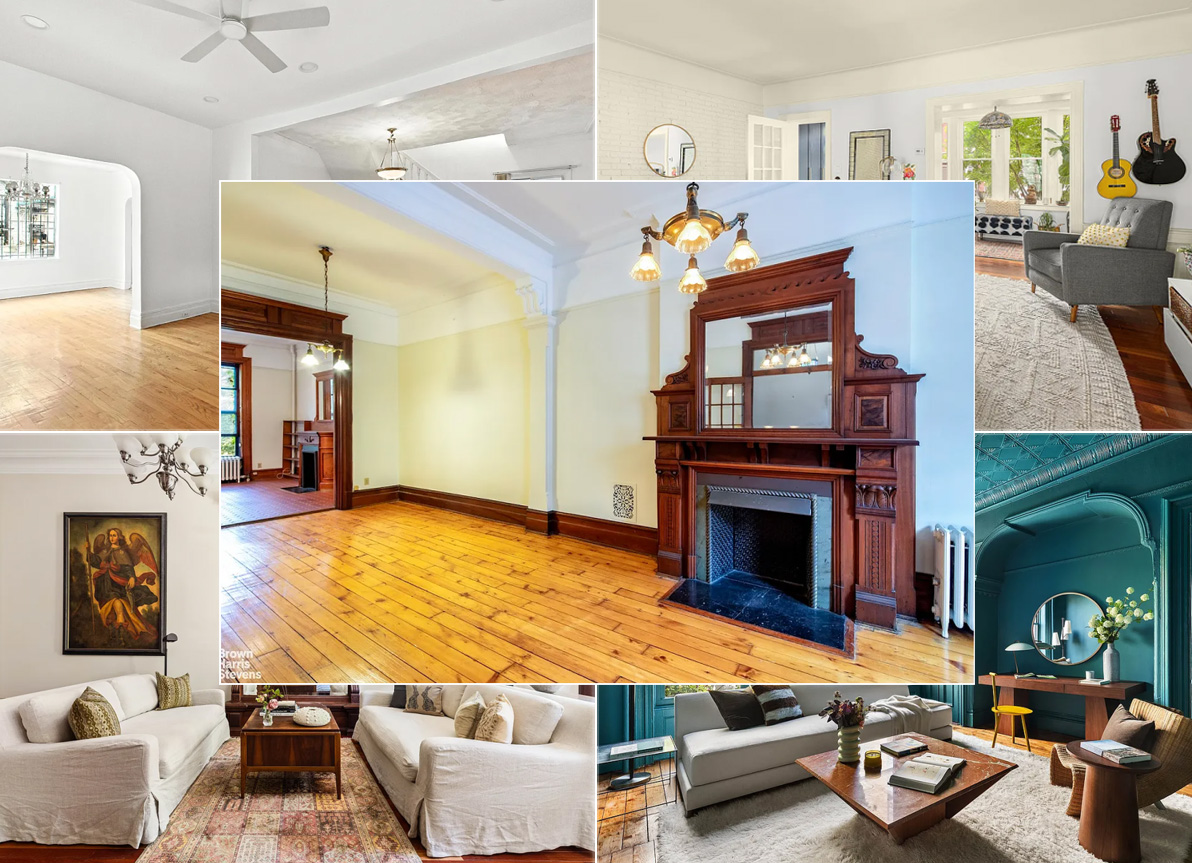
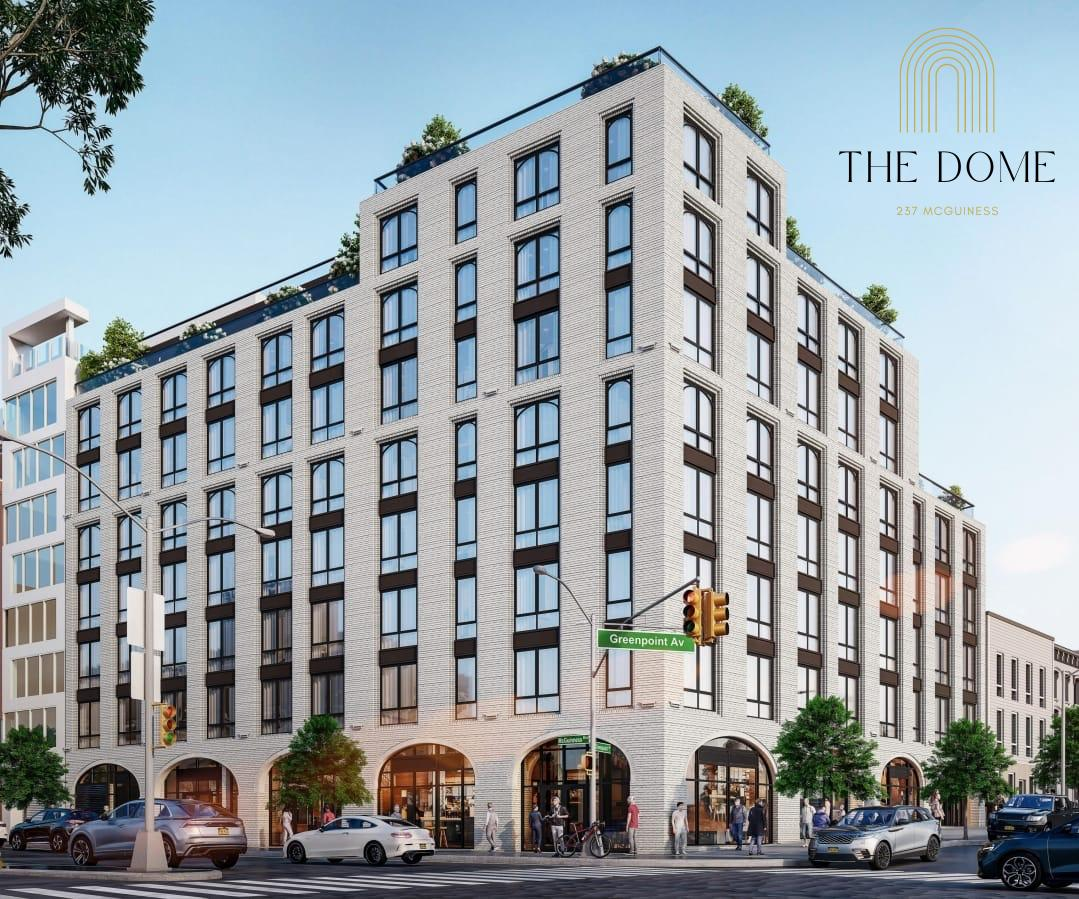
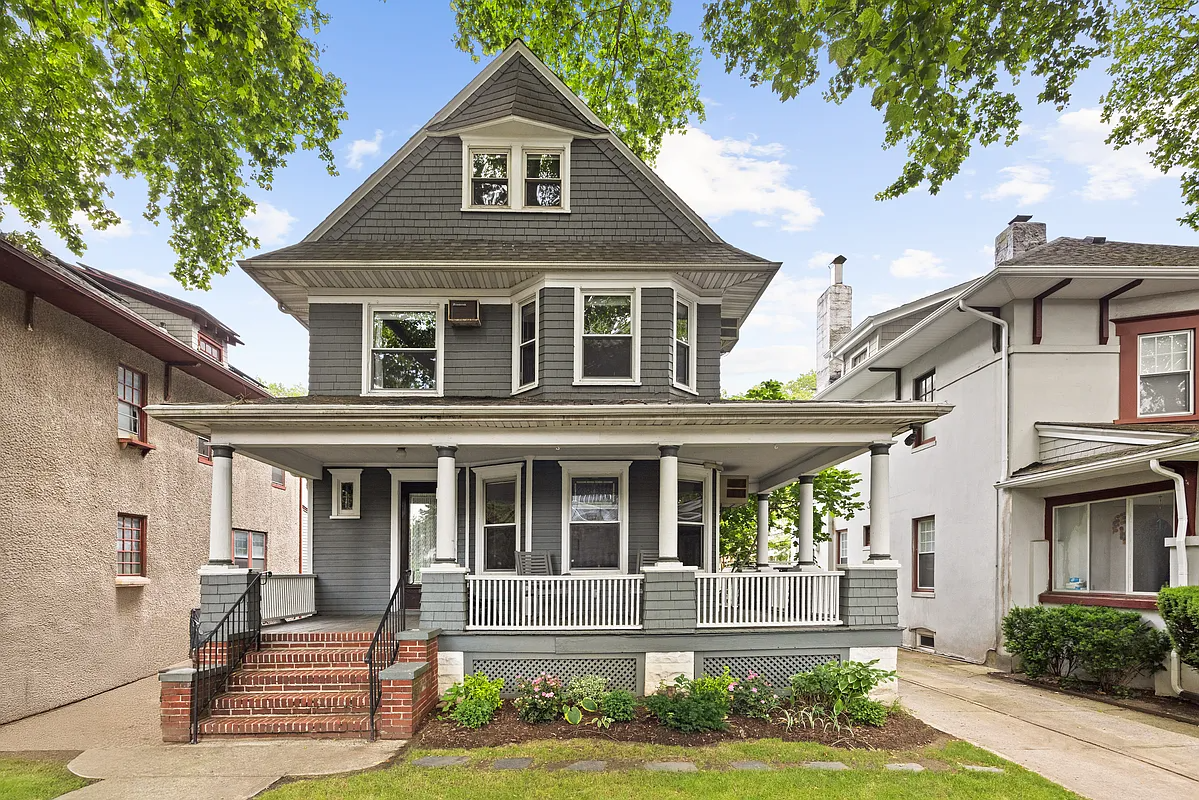
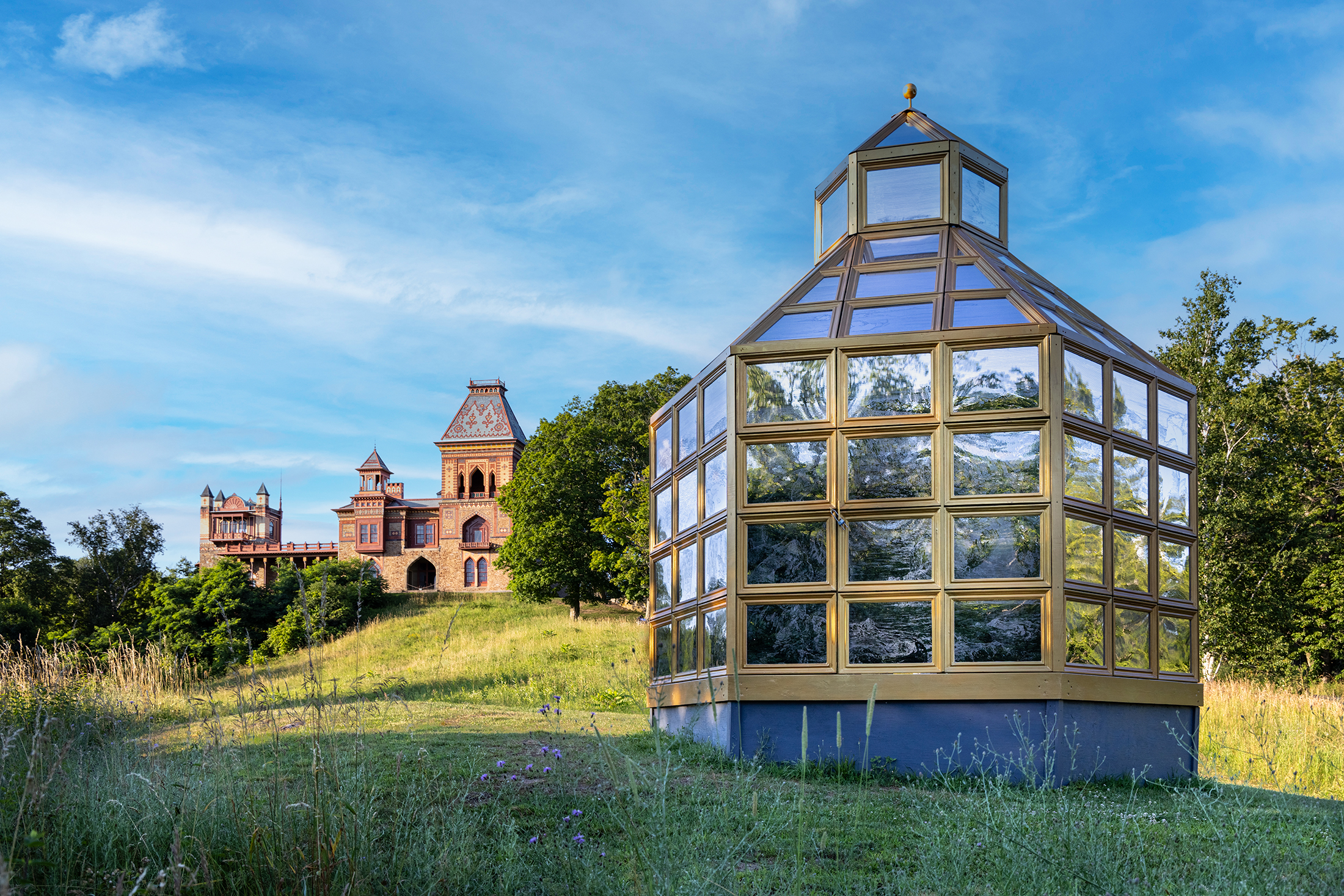
What's Your Take? Leave a Comment